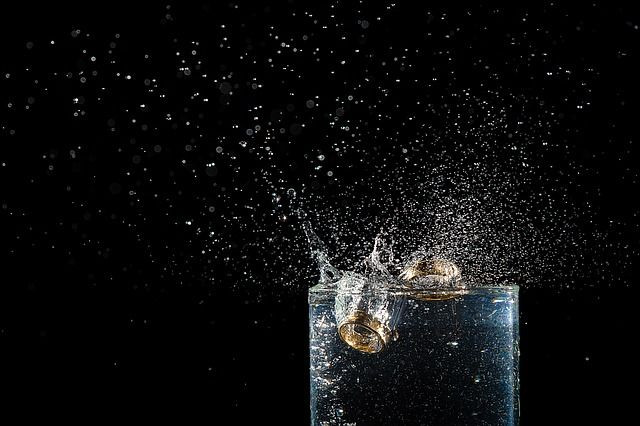Getting Married Lowers Your Risk Of Being An Alcoholic, But Only If You Find The Right Partner

Social issues play their role in every marriage, whether they be harmful or beneficial. Evidence has shown that people with a lower socioeconomic status are more likely to face troubles such as financial problems, drug abuse, and alcoholism that could impact their marriages, but what subsequent effect can marriage have on these issues?
Researchers from Virginia Commonwealth University and Lund University in Sweden have concluded a study analyzing marital status and how it affects the risk for alcoholism. Their research adds to recent studies that show how marriage can lead to safer drinking habits, similar to the protective effect the 12-step program and sponsors have on people in Alcoholics Anonymous.
“Maybe this is something that Alcoholics Anonymous figured out a long time ago,” said Dr. Kenneth S. Kendler, a professor of psychiatry and human and molecular genetics in the Department of Psychiatry at the VCU School of Medicine, in a statement. “This study is part of forming a strong scientific base for understanding how important social influences can be on alcohol use disorder.”
Kendler and his colleagues used data from 3.2 million people who were born in Sweden between 1960 and 1990. All of the study’s participants were single at the start and had no personal history of alcoholism. Using medical, criminal, and pharmacy records, the research team examined the link between marital status and each participant’s risk for an alcohol use disorder.
Their findings showed that first marriage was associated with a 59 percent drop in alcoholism risk among men and a 73 percent decrease among women. This protective effect marriage seemed to have was significantly stronger among both men and women with a family history of alcoholism.
However, marrying someone with a history of alcohol abuse was not so ideal for sobriety — it increased the risk of problems with alcohol, especially among women.
“It is the person who is most vulnerable to the risk of alcoholism from a genetic background who might be the most sensitive to the protective effects of marriage,” Kendler explained. “While being married to a spouse who now or in the future stays free of alcohol problems is quite protective, marrying someone who now or in the future develops alcohol problems is the opposite. It is considerably worse than being single.”
This isn’t the first study to show how marriage can clean up a person’s drinking habits. Researchers from the University of Missouri and Arizona State University conducted a similar study that followed participants from age 18 to 40 to examine how marriage impacted drinking rates throughout adulthood. They found that marriage led to a dramatic reduction in drinking rates, especially among people with severe drinking problems.
This research team said the link between marriage and lower alcoholism risk can be explained by the role-incompatibility theory, which states that a person will change their existing behavioral pattern if it conflicts with the demands of a new role, such as marriage. More often than not, heavy drinkers have to make major changes to their drinking habits to keep up with the demands of their marriage.
Source: Sundqvist K, Sundqvist K, Salvatore J, Lönn S, Kendler K. Effect of Marriage on Risk for Onset of Alcohol Use Disorder: A Longitudinal and Co-Relative Analysis in a Swedish National Sample. The American Journal of Psychiatry. 2016.
Published by Medicaldaily.com



























